During this challenging period, several major companies, from thyssenkrupp Steel Europe AG to ArcelorMittal, Liberty Steel, Voestalpine, and Volkswagen, are trying to overcome the crisis by downsizing and restructuring.
As SteelRadar previously reported, the European steel industry is going through some difficult challenges lately. The companies' perspectives on this matter are as follows:
thysenkrupp Steel Europe AG’s future industrial strategy
The Executive Board of thyssenkrupp Steel Europe AG presented its plans for a comprehensive future industrial strategy to the Strategy Committee of the Supervisory Board in a key points report. The reducing production capacities are to be reduced from the current 11.5 million metric tons to a future target deployment level of 8.7 to 9 million metric tons to achieve competitive cost levels. Furthermore, it plans to lay off 5,000 people and transfer 6,000 jobs to external service providers by 2030. Personnel expenses are to be decreased by 10%.
ArcelorMittal's critical decisions on the decarbonization and restructuring process
The challenges in the European steel sector forced ArcelorMittal to postpone decarbonization projects and shut down some plants. The company announced that it is postponing major investments, such as green hydrogen-ready direct reduced iron (DRI) plants, because of market conditions and regulatory shortcomings. ArcelorMittal stated that the regulatory environment that is required for these projects to proceed is not yet in place.
Furthermore, it was announced that the company is evaluating the possibility of closing its Reims and Denis centers in France as part of its restructuring process.
ArcelorMittal also plans to close its warehouse in the Olpe region in Germany by mid-2025 due to decreasing demand and intense competition in the steel and metal construction sector. The facility, which currently employs 63 people, is to remain in operation until the closure date. However, it is stated that this decision is expected to lead to job losses and a lack of investment in the Siegerland/South Westphalia region.
Liberty Steel Group bankruptcy of the Dudelange plant and halt of Dunaújváros production
Liberty Steel Group, experiencing a decrease in production figures due to economic instability and market conditions in Europe, focuses on the restructuring process by shifting its budget to strategic areas.
The Liberty Dudelange plant is going through a unstable process for the last 4-5 years. It was reported that the plant was taken over by the Belgian government two or three years ago and then Liberty Steel acquired it back. The plant is experiencing difficulties due to different dynamics and the bankruptcy decision was declared by the Luxembourg Commercial Court.
Liberty Dunaújváros, production of which is completely halted, is also due to the impact of the general economic stagnation in Europe. Karnaks emphasized that Liberty is not planning to operate an unprofitable factory and plans to redirect its budget to more productive areas.
Voestalpine to close Camtec plant in Linz due to increasing costs
Austrian steelmaker Voestalpine decided to halt operations at the Camtec plant in Linz. This decision is scheduled to be completed by the end of the 2025/2026 financial year. The company states due to rising energy and labor costs as well as pressure from competition, especially from Asia, the production process is no longer sustainable.
Another important reason for this development is reportedly the shrinking demand in Europe's automotive and engineering sectors. These two sectors reportedly are the main consumers of the products produced at the Camtec plant. However, the decline in demand puts the factory in an economically challenging situation. In the fiscal year 2023/2024, the company's revenue from the Camtec plant was only EUR 12 million.
Volkswagen shuts down three plants
Volkswagen announced that it is considering the shutdown of three plants in Germany as part of economic measures.
Volkswagen announced plans to lay off tens of thousands of employees and cut salaries by 10%. The board of directors plans to downsize all plants in Germany, resulting in the elimination of more products, production, shifts and assembly lines.
Audi decides to shut down its plant in Brussels
Audi announced that it decided to close its plant in Brussels and move its production to Mexico in order to reduce the burden of electric vehicle production.
Audi stated that it intends to reduce costs by decreasing production in Germany and Belgium, where profitability is weak. The structural problems of the Brussels plant and the challenges in changing the production configuration also played a role in the decision to close the plant.
EUROFER and industriAll Europe announced an urgent and decisive call for intervention to discuss the Steel Action Plan, In the context of these events.
“Europe’s manufacturing base will disappear”
EUROFER stated that unfair trade practices, high energy prices, ineffective CBAM, raw material shortages, and possible job losses are critical challenges for the European steel industry. China's low cost steel exports and high energy prices weaken the EU's competitiveness, prevent decarbonization efforts, and lead to job losses.


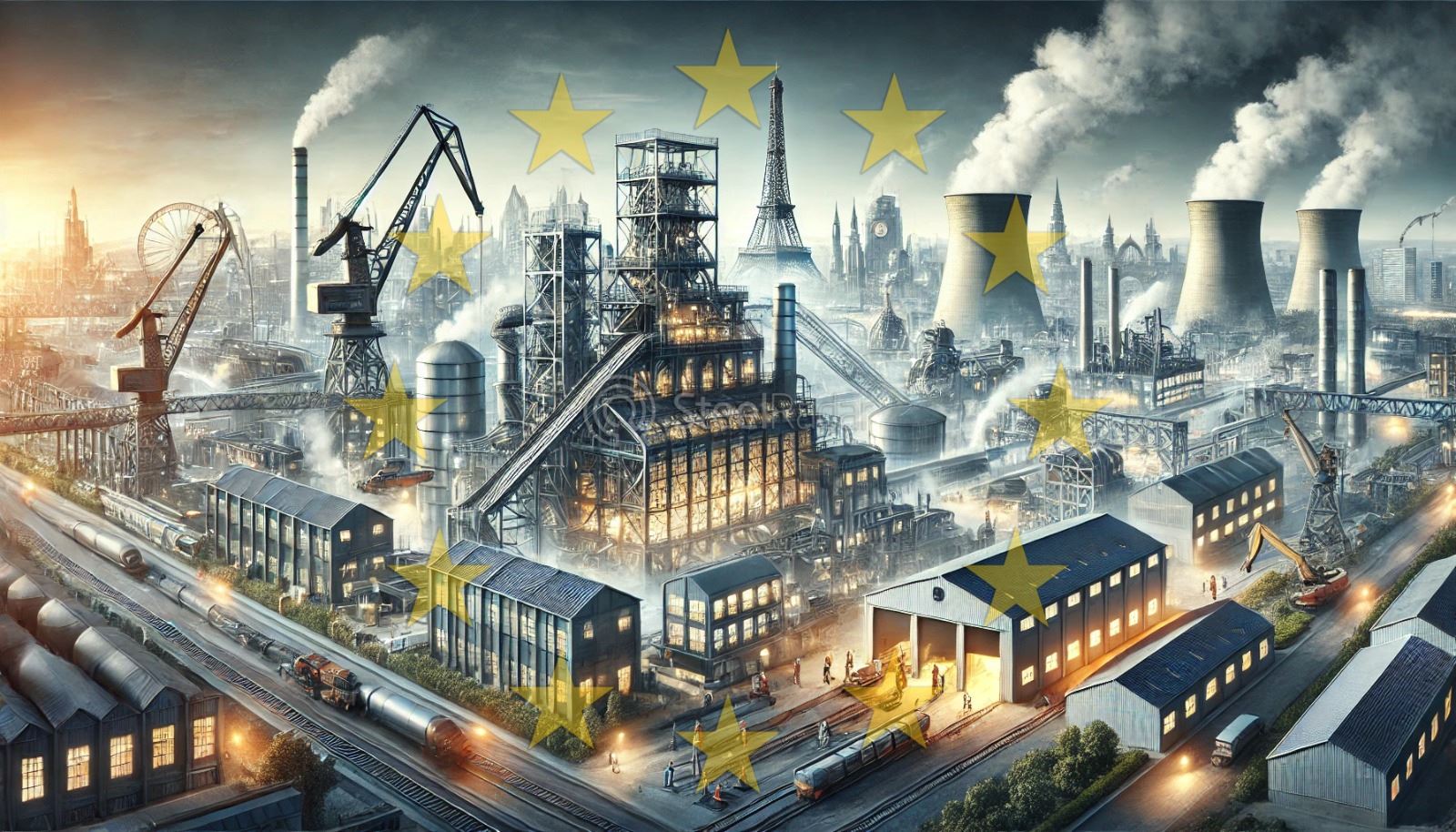

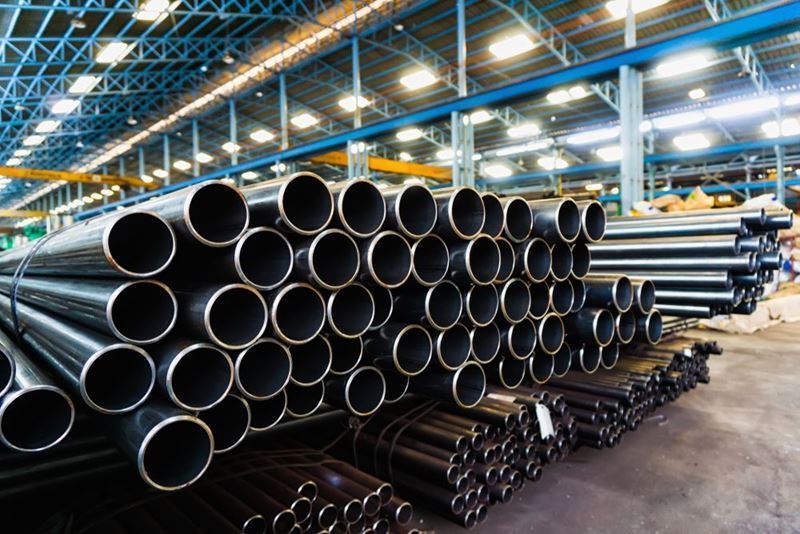
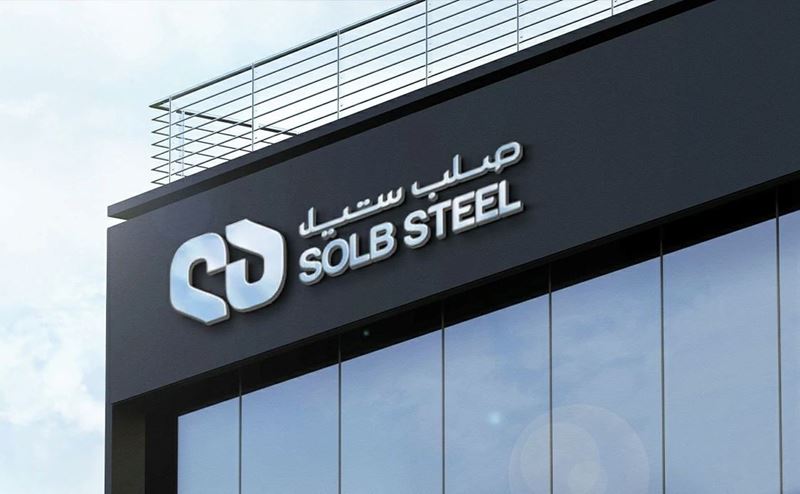
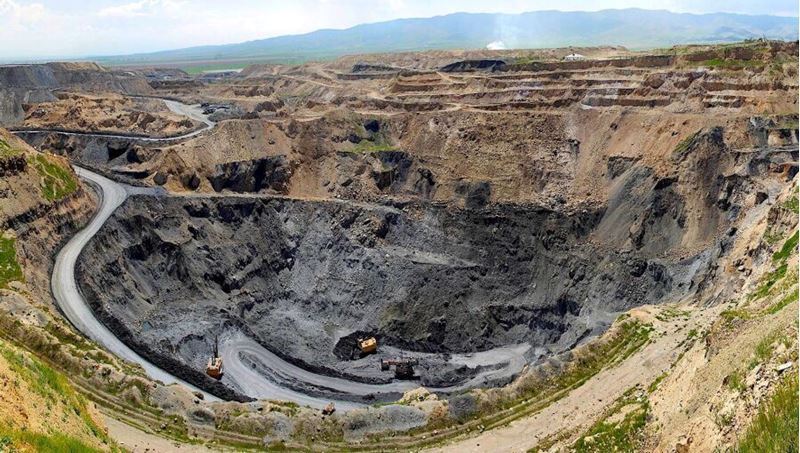
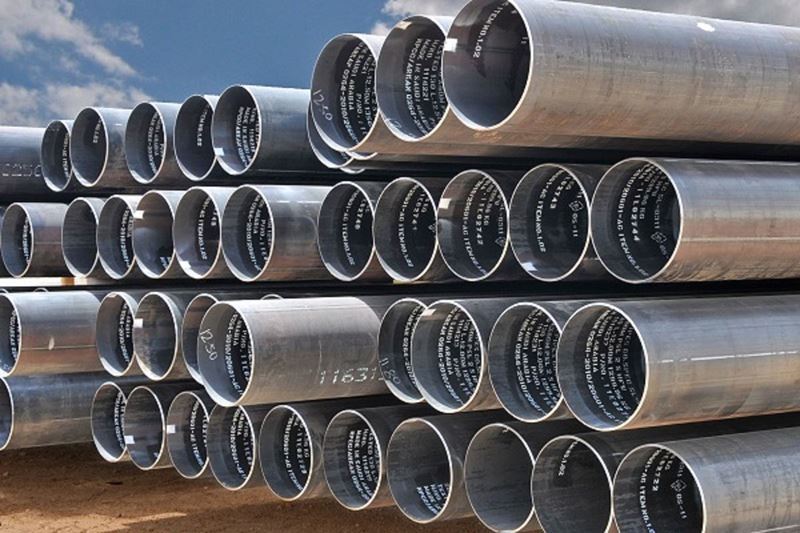
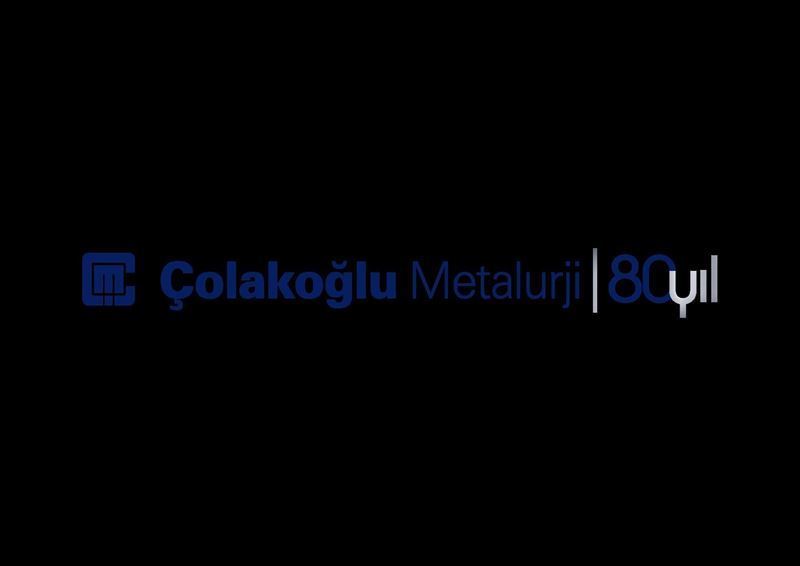


Comments
No comment yet.